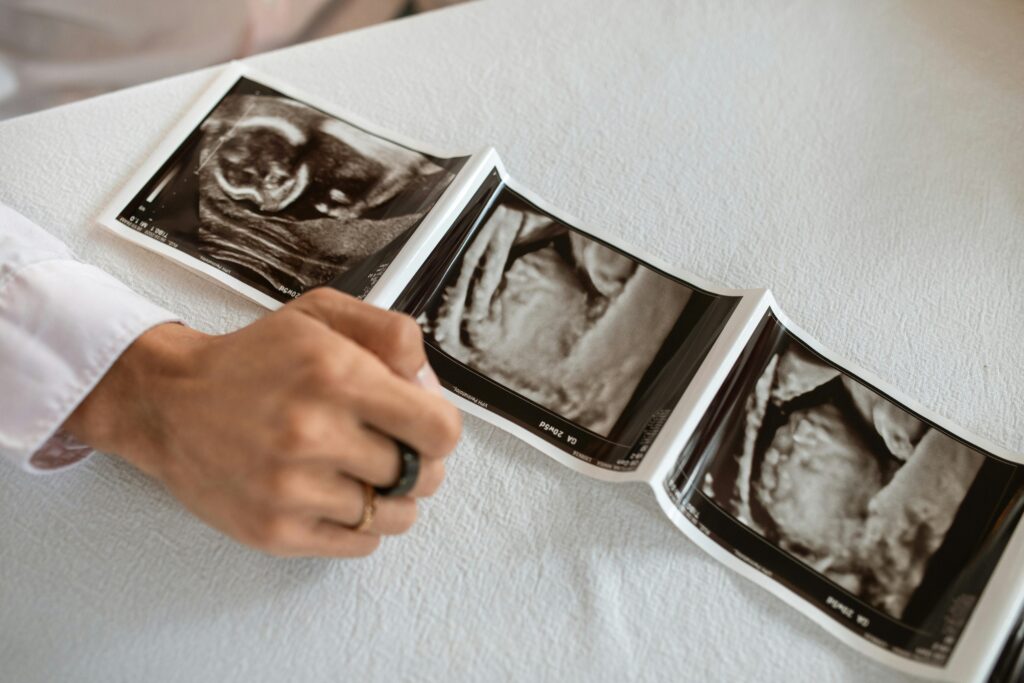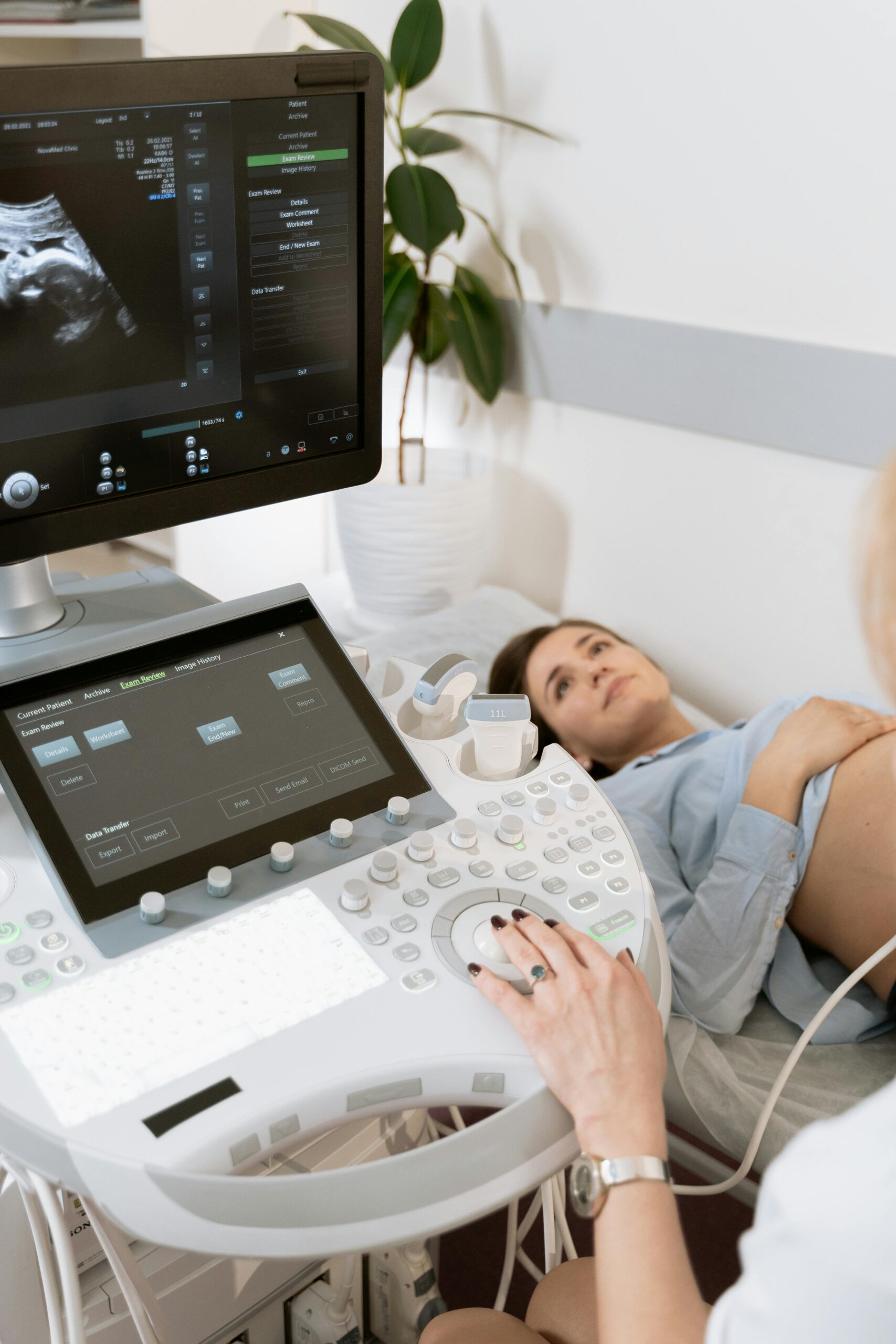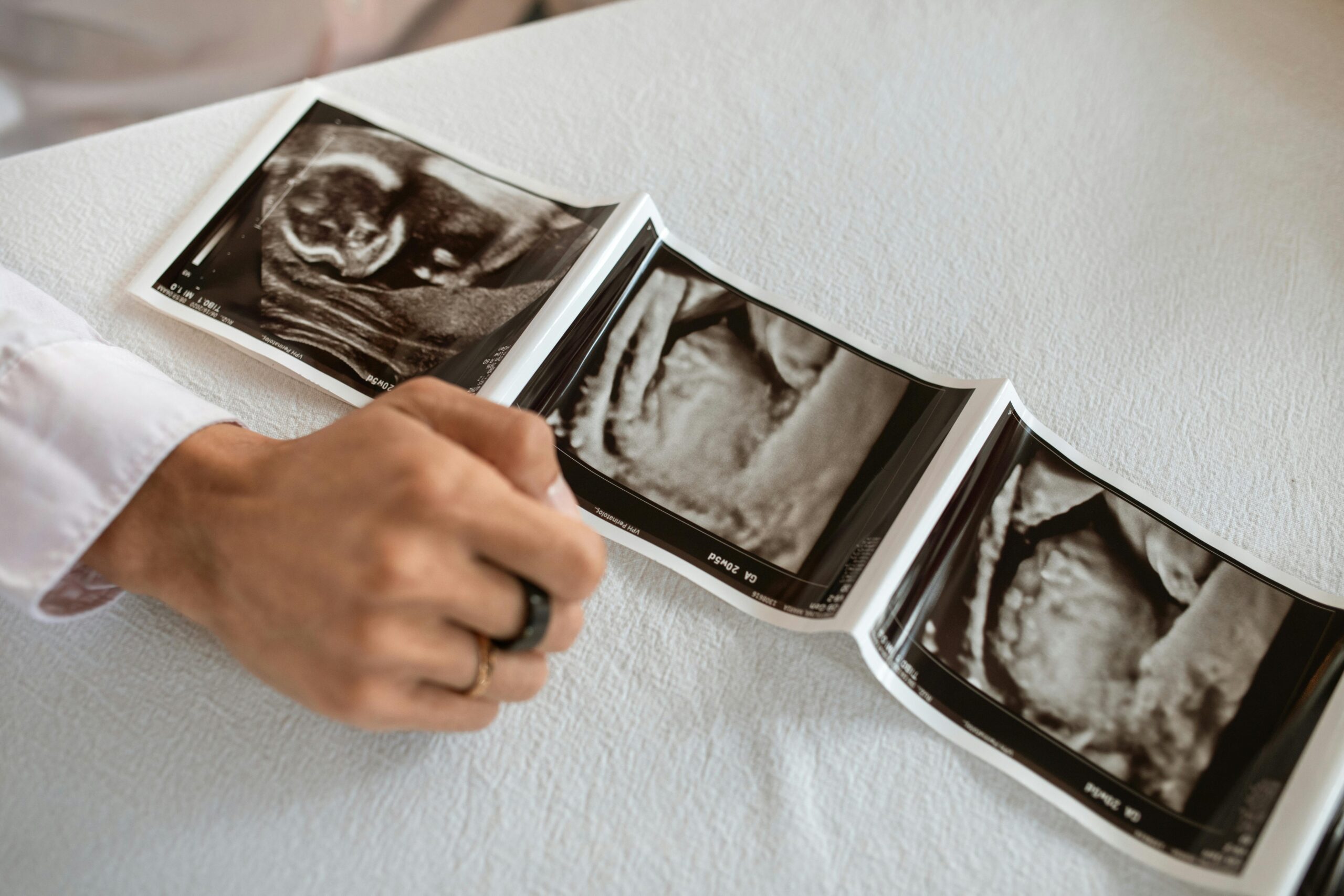What To Expect During The First Trimester
The first trimester of pregnancy, which spans from week 1 to week 13, is a period of rapid development and change for both you and your baby. This is a crucial phase, with essential milestones in fetal growth, while your body undergoes significant transformations to support the pregnancy. Here’s a detailed look at what to expect during the first trimester and how to prepare for it.
Physical Changes in the Mother
- Fatigue: During the first trimester, many women feel unusually tired. This is primarily due to the high levels of the hormone progesterone, which helps maintain the pregnancy but also makes you feel more fatigued. Your body is working hard to support your growing baby, so it’s essential to get enough rest.
- Nausea and Morning Sickness: Nausea is a common symptom during the first trimester and is often referred to as morning sickness. However, it can occur at any time of day. Hormonal changes, particularly the rise in hCG (human chorionic gonadotropin), are thought to trigger these symptoms. Eating small, frequent meals and avoiding nausea triggers can help manage the symptoms.
- Breast Tenderness: Hormones like estrogen and progesterone cause changes in your breasts, including swelling, tenderness, and darkening of the areolas, as your body prepares for breastfeeding. Wearing a supportive bra can help relieve discomfort.
- Frequent Urination: As your uterus grows and begins to press on your bladder, you may find yourself needing to urinate more frequently. This increased urination is also due to an increase in blood volume and the need to process more fluid through your kidneys.
- Mood Swings: Hormonal fluctuations can cause mood swings, making you feel happy one minute and anxious the next. Emotional support from loved ones and open communication with your healthcare provider can help you navigate these feelings.
- Digestive Issues: Many women experience constipation and heartburn during the first trimester. Progesterone relaxes the muscles in your digestive tract, slowing digestion and leading to these symptoms. Increasing fiber intake, drinking plenty of fluids, and staying active can alleviate some discomfort.

Fetal Development
During the first trimester, your baby grows rapidly, transforming from a cluster of cells into a fully formed fetus by week 12. Here’s what happens:
- Weeks 1-4: In the first few weeks, the fertilized egg implants in the uterine wall. The placenta and amniotic sac begin to develop, which will provide nourishment and protection to your growing baby.
- Weeks 5-8: By week 6, the baby’s heart begins to beat, and essential organs such as the lungs, liver, and kidneys start to form. Limbs and facial features also begin to develop. Around week 8, the embryo becomes a fetus, and the baby is roughly the size of a raspberry.
- Weeks 9-12: By the end of the first trimester, the fetus has grown to about 3-4 inches long. It can now move its arms and legs, and its reproductive organs are developing. While too early to detect gender on an ultrasound, the major systems are in place.
Prenatal Care in the First Trimester
Regular prenatal care during the first trimester is crucial to monitor the health of both mother and baby. Most women have their first prenatal visit between 8-10 weeks. Here’s what to expect:
- Medical History and Physical Exam: Your healthcare provider will ask about your medical history, perform a physical exam, and check your weight and blood pressure. Blood tests may be done to check for anemia, infections, and hormone levels.
- Ultrasound: Around 8 weeks, an ultrasound is typically performed to confirm the pregnancy and check the baby’s heartbeat. It also helps determine the number of fetuses and estimate the due date.
- Screening Tests: Your provider may discuss screening options for chromosomal abnormalities like Down syndrome. These tests are usually done between 10 and 12 weeks and may involve blood tests and an ultrasound.
Tips for a Healthy First Trimester
- Eat a Balanced Diet: A healthy diet is essential for both you and your baby. Focus on nutrient-rich foods, especially those high in folic acid, which helps prevent neural tube defects.
- Stay Hydrated: Drinking plenty of water is crucial during pregnancy. Proper hydration supports increased blood volume and helps manage symptoms like constipation and fatigue.
- Take Prenatal Vitamins: Make sure to take your prenatal vitamins, especially those containing folic acid, iron, and calcium, to support fetal development and your health.
- Get Plenty of Rest: Fatigue is common during the first trimester, so try to rest as much as possible. Short naps during the day and getting at least 7-9 hours of sleep at night can help you feel more refreshed.
- Exercise Regularly: Light exercise, such as walking or prenatal yoga, can help boost energy, improve mood, and support healthy circulation. Always check with your healthcare provider before starting any new exercise routine.
When to Call Your Doctor
Though many symptoms are normal, certain signs during the first trimester warrant immediate attention. Contact your healthcare provider if you experience:
- Heavy vaginal bleeding
- Severe abdominal pain or cramping
- Persistent or excessive vomiting
- High fever or chills
- Sudden swelling in your hands or face
Conclusion
The first trimester is a time of rapid development and change, both physically and emotionally. While some symptoms may be challenging, understanding what’s happening in your body and baby can help you prepare for the months ahead. Regular prenatal care, a healthy lifestyle, and emotional support are key to ensuring a positive start to your pregnancy journey.
Welcome to A Mug Of Coffee
I am a mom with a young child, and I love coffee. Being a new mom was really hard, and I went through a lot. That’s why I created a special coffee to help other pregnant women, those trying to get pregnant, and new moms who are struggling. I love coffee so much that I’ve done a lot of research on it and can talk about it for hours. Whether you’re a mom or just love coffee, I think you’ll find something you like. Enjoy!







